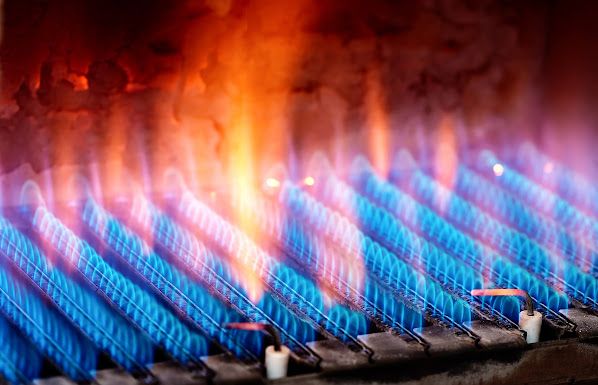7 Tips for Choosing the Right HVAC Contractor for Your Home
Choosing the right HVAC contractor for your home involves careful preparation and due diligence. These tips can help you to pick a professional and competent HVAC contractor for your next project.
1. Verify Licensing and Insurance
An old proverb Trust, but verify becomes important when selecting an HVAC service. Each state has its own licensing and insurance requirements for HVAC companies. Once you understand the regulations governing HVAC contractors in your state, ensure that your chosen firm has their license up to date and sufficient insurance in case of any damages.
Professional companies will not hesitate to provide you with this information.
2. Ask for Referrals From Trusted Sources
Reputable HVAC services usually have a long list of happy clients. Your friends and family members who have received HVAC services in the past could potentially point you toward a reliable contractor.
Other sources of referrals could include colleagues, a local chamber of commerce, review sites, and major search engines.
3. Contact References and Confirm Past Work
After you have compiled a short list of potential contractors, ask each of them for a list of references of satisfied clients.
Call a few of these references to see if they were satisfied with the quality of the work and the current condition of their HVAC system. While online reviews can also serve as a helpful source of information about the work product of a contractor, references can provide a more in-depth confirmation of the competence of the firm.
4. Ensure the Contractor Does Their Homework
HVAC systems are not one-size-fits-all equipment. An HVAC technician must custom-tailor each HVAC system they install to the needs of the property. Factors that reputable HVAC companies consider in the process of installing a new system include:
- The size of the property. The total size of the property plays a crucial role in determining the size and power of the HVAC system. Naturally, larger properties will often require larger systems.
- The amount of insulation. High-quality insulation materials such as open cell spray foam and fiberglass can help to keep heat in during cold months and keep the heat out during hot months. Higher strength insulation may allow for HVAC cost savings.
- The quality and age of windows. As with insulation, high-quality windows can help to keep your property's temperature regulated. Better windows mean more cost savings on the HVAC side of the equation.
- The state of the duct system. A good HVAC contractor will inspect your duct system for any leaks and recommend repairs if necessary.
- The client preferences. Ultimately, you have a say in the final system and installation. Make sure the contractor listens to your specific needs and addresses your concerns throughout the project.
5. Ask for Itemized Estimates and Supporting Documentation
Typically, an HVAC contractor will complete their evaluation and inspection prior to providing an estimate. When you receive this estimate, ensure it is on paper and clearly delineates the tasks, parts, and labor costs associated with the project. Do not hesitate to ask for supporting documentation if you feel uncomfortable with the estimate you have received.
6. Research Special Offers and Government Incentives
You may find that your local utility company or state government offer incentives for certain types of HVAC systems. Make it clear to your contractor that you want to access these incentives. The most common examples of government incentives include federal and state tax credits.
7. Understand the Financial Implications of Your New Installation
Lastly, after you have received an estimate, ensure that it meets your needs and budget. If you have concerns about the estimate, do not hesitate to have a discussion with the contractor.
For more information about HVAC services, contact Brothers HVAC today.














